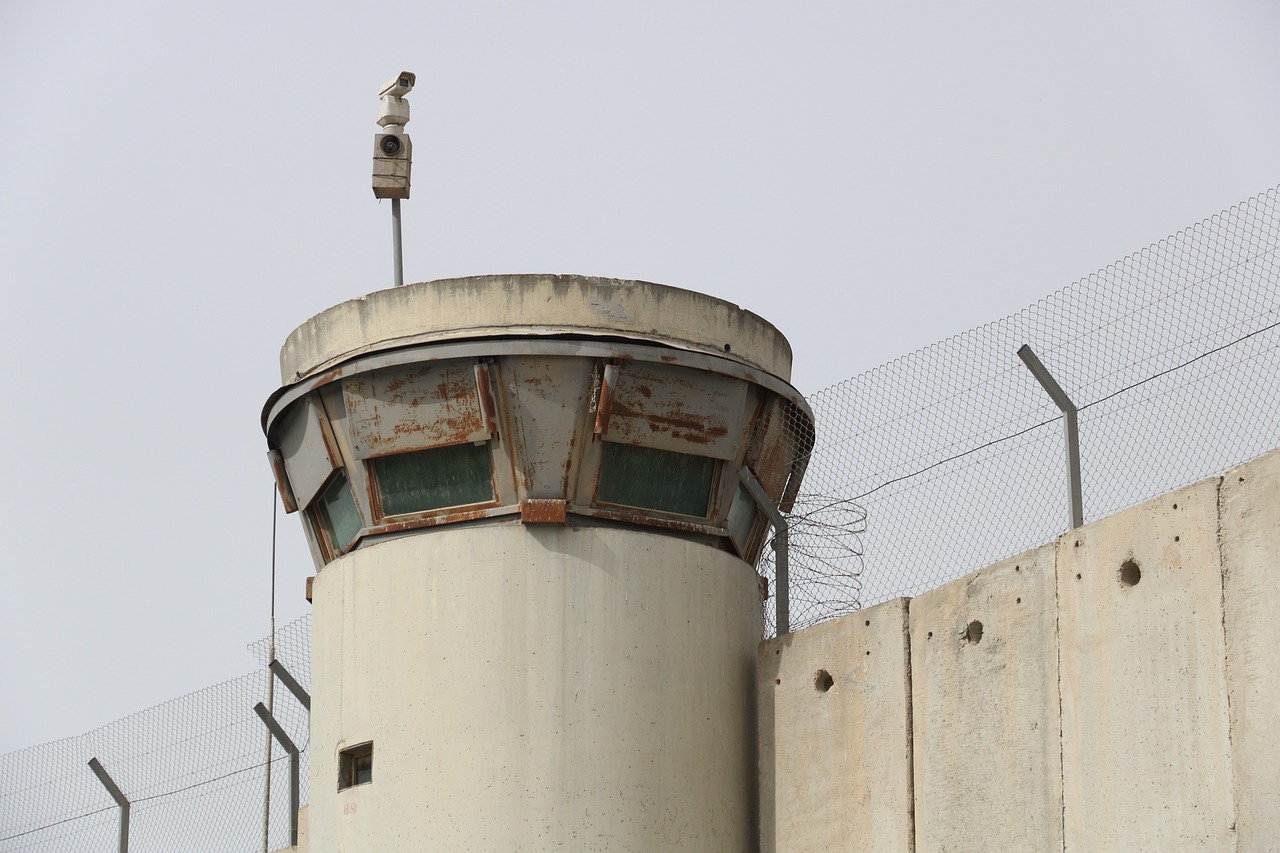A potential breakthrough in the Israel-Hamas conflict suggests a four-day cease-fire may commence on Thursday, marking the first significant pause in nearly seven weeks of war. The agreement, mediated by Qatar, aims to facilitate the release of hostages and convicted Palestinian terrorists. The National Security Council, via the Israeli prime minister’s office, stated that the releases may also start on Friday, dashing hopes for a Thursday release.
An anonymous Israeli official emphasized the ongoing negotiations’ fluid nature, highlighting the role of Qatar in mediating discussions. Hamas had initially indicated a temporary cease-fire starting Thursday, a timing echoed by an Israeli official. However, amidst deep mutual mistrust and concerns about previous truce collapses, there is an apprehension that the deal might still falter.
The terms of the agreement include the release of at least 150 Palestinian women and teenagers held by Israel in exchange for approximately 50 women and minors taken hostage during the Hamas terror attacks on Israel on October 7th. Israel pledged not to fly warplanes over specific regions in Gaza during the cease-fire.
Despite the announced cease-fire, both sides continued to report military activities. The Israeli military stated it was still engaged in the Gaza Strip, while Hamas affirmed a commitment to the truce but asserted, “Our hands will remain on the trigger.”
The logistics of the hostage release were outlined by the anonymous Israeli official, specifying the transport of hostages to hospitals and arrangements for meeting families. The release process is planned in four groups, each comprising at least 10 individuals. Israeli news media reported that Mossad had identified individuals in the first group but would only inform their families post-recovery.
For Palestinians held in Israeli prisons, primarily from the West Bank, their release involves bus transportation to their home districts. The timing and staging of these releases remain unclear.
Families on both sides anxiously await information about their loved ones, facing uncertainty and an agonizing wait.
Discrepancies between Hamas and Israel persist, particularly regarding the number of captives in Gaza, making it challenging to determine who will be released. Negotiations on the transfer of hostages to Israel and the routes involved are still underway, emphasizing the complexity of achieving a lasting truce.
Qatar has emerged as an essential mediator in the Israel-Hamas conflict, demonstrating a remarkable commitment to encouraging dialogue and facilitating peace in the region. The Qatari mediation efforts play a significant role in bridging the gap between the two opposing sides, contributing to the establishment of a much-needed cease-fire.
![]()

Qatar’s participation in mediating the cease-fire between Israel and Hamas was praiseworthy, demonstrating the effectiveness of diplomacy in resolving conflicts. Their initiatives serve as an example of the influence that states have when committed to supporting regional peace.
Qatar’s really stepping up and is playing the mediator roll really well. They’re all in, trying to make peace happen in the region. Let’s hope this brings some much needed calm to the chaos.